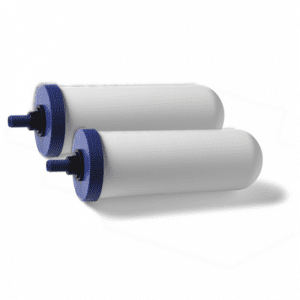02 Dec We won’t be able to stop water meter readings
HOMEOWNERS facing water charges from 2014 will have their meters read remotely, meaning they cannot stop officials from calculating how much water they have used.
This is because each meter will be fitted with a radio transmitter which will allow Irish Water staff to measure the amount used by simply driving or walking past the property.
It means that householders will not be able to restrict access to the meter to prevent readings being taken.
The details of the type of meters to be used emerged yesterday when Bord Gais, which will run Irish Water, set about acquiring more than one million devices which will be installed from next summer.
The meters were unlikely to cost more than €50 each, industry sources said, with the overall cost put at between €40m and €60m.
Bord Gais, which will run Irish Water, has given companies until January 11 next to submit bids to provide the meters, which will measure the amount of water entering people’s homes.
Installing a meter involves digging up roads and footpaths, and erecting a boundary box for the meter. Water flows from the water main through the meter into the property, and the amount used is calculated.
The road or footpath is then reinstated, and access to the mains is made available in case of emergency.
The cost of putting in meters will run to some €500m, with most of the money being spent on the installation work.
Tender documents have asked for the meters to include radio units or “reading technologies” which would allow officials to take a reading without physically examining the unit.
“The requirement is for fixed radio units,” a Bord Gais spokesman said. “That allows for meter reading without opening up the box.
“The suppliers will pitch as competitively as possible, and it’s a large-scale exercise. The total investment is about €500m, but that includes the civil works, connection into water pipes, reinstatement and associated elements.”
Jobs
He refused to be drawn on how much individual meters would cost.
In a separate development, Bord Gais has also sought companies to bid to become regional contractors which will oversee the installation.
At least three companies are expected to be awarded the contracts, and they will supervise smaller sub-contractors who will carry out the work.
Up to 350 construction companies are in line to win lucrative contracts, with about 2,000 jobs created.
The Department of the Environment will run advertisements in newspapers next week advising smaller contractors that they can apply.
Households are expected to begin paying for water from 2014, with average annual bills likely to be around €300.
– Paul Melia
Irish Independent
 Coldstream Gravity filter replacements (pack of 2)
Coldstream Gravity filter replacements (pack of 2)